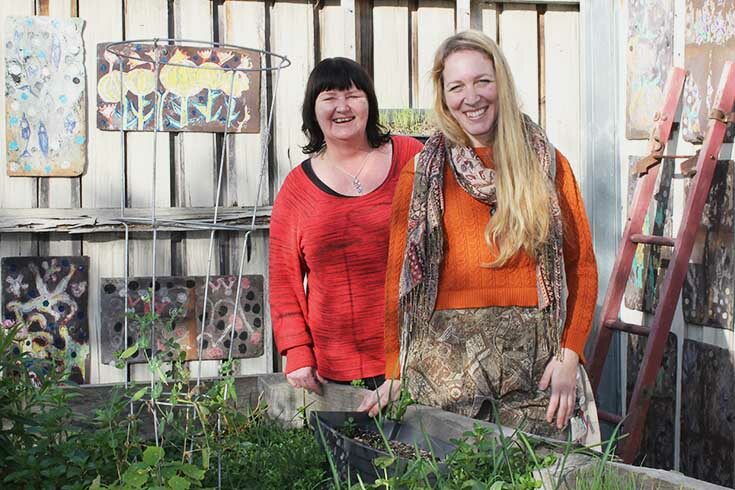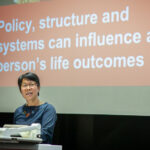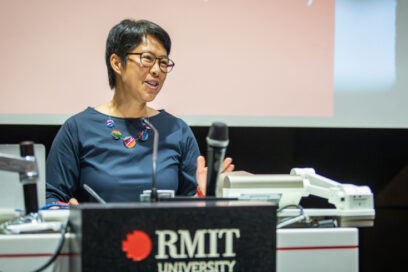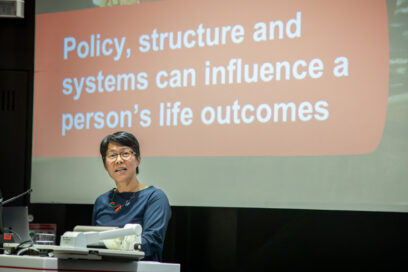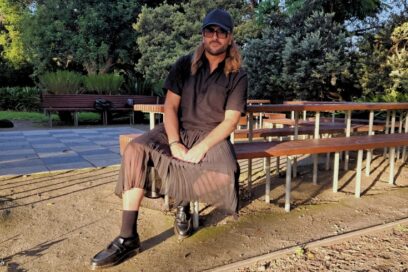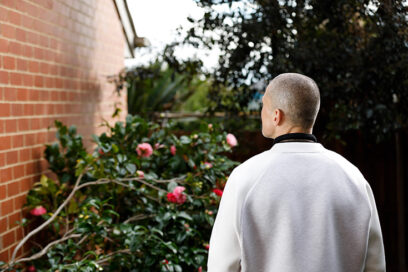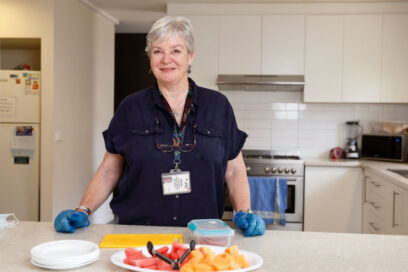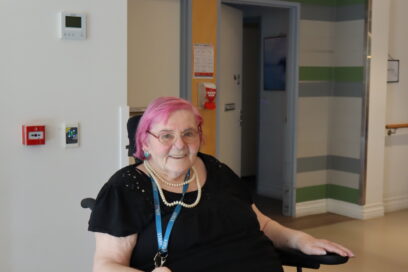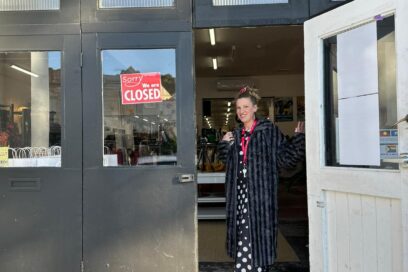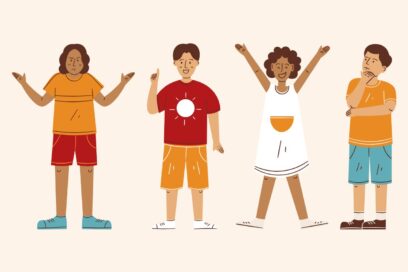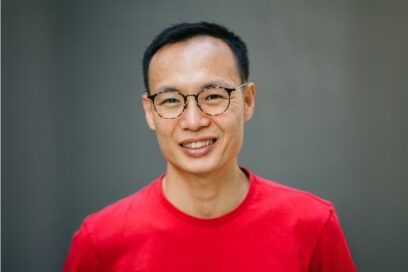Sacred Heart Mission’s Rooming House Plus Program (RHPP) on Queens Road, is a unique supportive housing program.
It is a community-managed rooming house, meaning residents pay 30 per cent of their income in rent (as with other styles of community housing), but they also have access to 24-hour onsite support, case management, medication management and can add-on meal provision and room cleaning for a minimal cost.
The average tenancy lasts approximately eight years, but four current residents have been living at RHPP since it opened in 2005. Sacred Heart Mission manages RHPP in partnership with Community Housing Limited.
All rooms are self-contained studio apartments – nine are modified for people with a disability, and ten rooms can be found on the women’s only floor, while the remaining floors are for people of all genders.
Program Coordinator Lisa Grant says, “we work really hard to promote a sense of community and welcome for all residents, their supports and families.”
When RHPP first opened, the majority of its first residents were older and had come from institutionalised environments and lived with complex mental health conditions and extensive periods of homelessness. The demographic has changed since then; most current residents are in their 40s or 50s.
Support to set up, maintain and sustain tenancies
The introduction of new funding models, such as the NDIS, changes to social housing and the introduction of the streamlined Victorian Housing Register mean that residents can receive increased support to set up, maintain and sustain their tenancies are RHPP.
Several residents are also receiving support from other Sacred Heart Mission programs, including the Dining Hall, Women’s Services, GreenLight and the Journey to Social Inclusion program.
Building a sense of community
RHPP staff support residents to build their social inclusion. About 75 per cent of residents are NDIS participants, meaning that they have access to a range of community supports. RHPP coordinates activities for residents, such as a weekly shopping trip, walks around Albert Park Lake, a cycling group and family days.
RHPP’s central kitchen builds a sense of community, and every Friday all residents can attend a for a communal meal. Everyone is welcome and sometimes Parish Priest Father John pops in. There is also a residents’ group where everyone can contribute to how to build the space, such as suggestions for the communal lounge and garden areas.
RHPP is a relationship-based program. Staff build connections with residents over a long period of time which helps to build trusting relationships.
“We provide non-judgemental, wrap-around support, and work with residents to achieve goals and identified support needs,” says Lisa.
Access to external health services
Many residents require ongoing support around accessing their GP and mental health services and the NDIS, as well as returning to study and finding meaningful employment.
For example, former resident Fiona* returned to study while living at RHPP and gained employment in her chosen field. She successfully received an offer through the Victorian Housing Register for a social housing property closer to her workplace – a beautiful one bedroom apartment that is now her forever home.
The team at RHPP liaise with a range of external supports – such as the NDIS, Alfred Health and Addiction Services and other Sacred Heart Mission programs. Since the residents have secure housing at RHPP, much of this work is around supporting people with their health needs.
“People are really attached to this place,” says Lisa. “When their support needs change, we work to adjust support interventions, such as getting them a Home Care Package so they can remain in their home.” We work with residential aged care providers, including Sacred Heart Community, to support their transition.
“So much has changed in social service provision in the last few years,” says Lisa. “We recognise that without wrap around support, a house won’t become a home.
“You can’t just put people somewhere and expect it will all be ‘ticketey-boo.’ It starts at the beginning, when someone moves in, having the support to set up their new home, and then they maintain it. It’s very special to see.”


